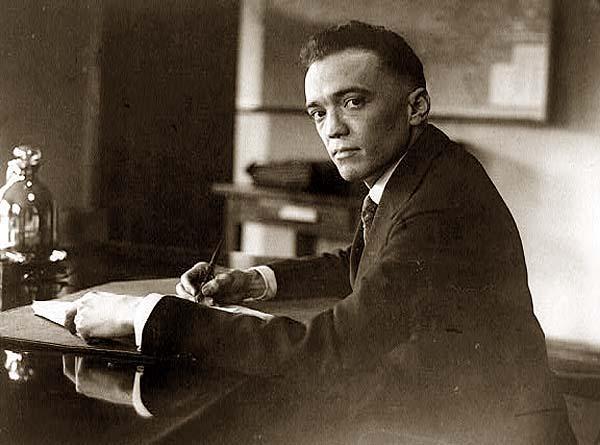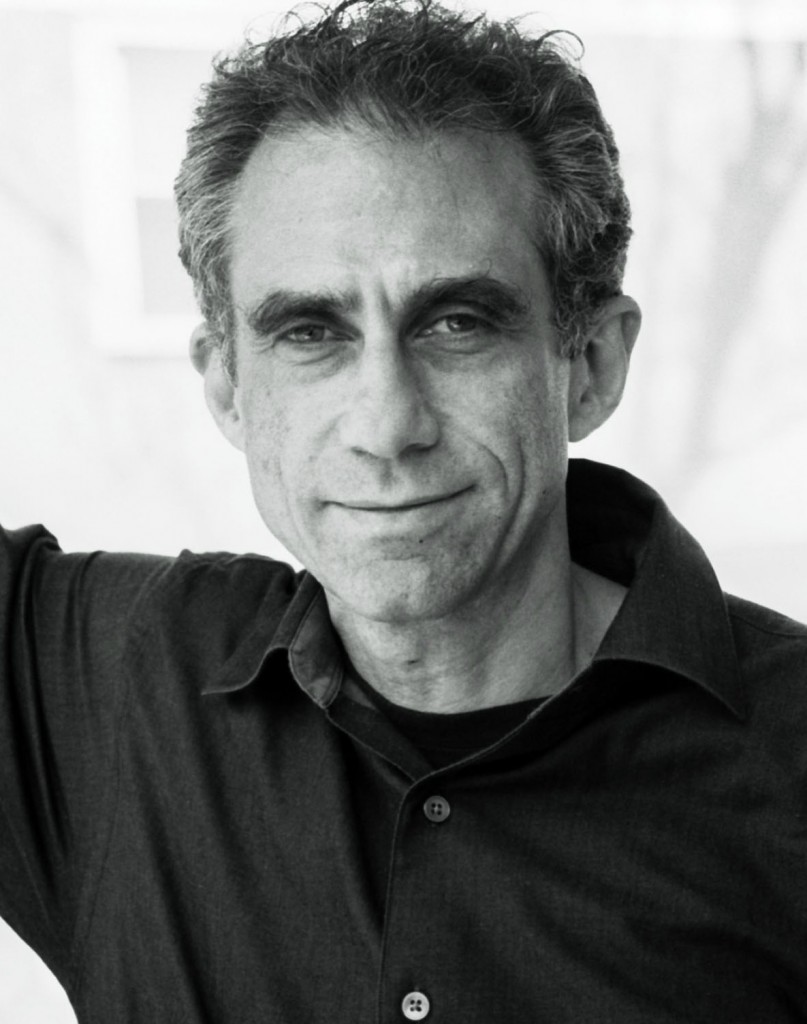This book may be middle-grade non-fiction, but it’s easily one of the most fascinating books I’ve read all year. In Master of Deceit: J. Edgar Hoover and America in the Age of Lies, award-winning author Marc Aronson takes us inside the life and times of J. Edgar Hoover, delving into the secrets and fears that made Hoover a titan of the twentieth century, while all the while unerringly pointing out how very, very relevant Hoover’s story is to our lives today.
Byrt: How is the story of J. Edgar Hoover important in today’s world?
MA: Hoover held key jobs in Washington for 48 years, you cannot understand 20th century America without making sense of him. However I did not write the book merely to explain the past. Hoover’s power came from the secrets he gathered, from the real threats he and the nation faced, and from the fear those enemies generated (and he at times abetted). We too face real threats, and real conflicts about how much of our lives should be visible to the government, and to businesses which track our behavior. We too need to make decisions about what to do in the face of justified fear, and whipped up fear. I wrote the book about our relatively recent past to help us think about the challenges of our present, and our near future. We are no longer in a Cold War with Communism, but we are engaged in physical, media, and cyber conflicts and have much to learn from the decisions we made in the past.
 Byrt: Would you say your book is about the power of fear, and how it can be exploited?
Byrt: Would you say your book is about the power of fear, and how it can be exploited?
MA: Yes, very much so. The key, though, is that neither in Hoover’s day nor now is fear of enemies entirely irrational. We do face enemies out to harm us – as he did. To really cope with fear you have to grant that sometimes it is quite justified. But that makes decisions about what to do in the face of fear all the more difficult.
Byrt: How much was the Red Scare stoked by political theater?
MA: This question is really four questions. There were two Red Scares – one in 1919-20, which gave Hoover’s career his tart, and one in the early 50s, in the age of Joe McCarthy. And I can interpret “political theater” as political theatrics – and both attorney general Palmer in the teens and Senator McCarthy were grandstanding for votes and influence. But in the 50s, the Red scare also gave birth to politically engaged drama – some of the great plays and films of the 20th century, such as The Crucible and On the Waterfront (which had opposite views of McCarthy). Once again, though, there were terrorist bombs in 1919 and 1920, and there were real Soviet spies in the 50s. One reason fear mongers gained traction is because the left tended to downplay real threat – engaging in its own brand of political theater. Denying real threats is one kind of danger, whipping up fear is another. Each offers a half truth. We need to see beyond our “side” to the larger picture.
Byrt: When it comes to the politics of fear, has the game changed from the time of the Red Scare? Or are the ways our politicians today exploit 9/11 fears the same old song and dance?
MA: There are similarities. When Fox News ran a “theat level” on its crawler every few minutes it reminded people to be scared, be very scared. And the impulse to demonize those who question – question the war in Iraq, question the Patriot Act, but also question the pieties of the left – is evident today. It is a bit trickier today because we are not fighting wars of conquest, we are fighting wars of public perception. In other words, we cannot conquer every spot in the world which might harbor terrorists. We don’t have the will, money, or a large enough military. So we need to convince people who live in, say, Iraq, or Afghanistan, or Yemen, to side with us, or at least not with our enemies. That means we need to show sensitivity to, say, Muslims – and the Muslims who live here. So we need to teach about Islam in a more thoughtful way than we taught about Communism.
 Byrt: Was J. Edgar Hoover purely an anti-Communist zealot? Or was he cynically manipulating the fear of Communism to further his career?
Byrt: Was J. Edgar Hoover purely an anti-Communist zealot? Or was he cynically manipulating the fear of Communism to further his career?
MA: Hoover read widely and deeply about Communism. He was serious about studying it and he sincerly believed that if a tiny cadre of believers could win in Russia, something similar could happen here. But he also used anti-Communism to shore up his position in DC and in the nation.
Byrt: Should we be as scared of terrorists as we were of Commys? Do the threats compare? Or is the modern media/military-industrial landscape just more adept at selling fear?
MA: The Soviets had nuclear arms and the ability to use them. That made them a bigger threat, but it also made them more responsible. They knew they held the fate of billions, of the planet, in their hands. Modern terrorists do not yet have weapons on that scale, but they are also not tied to nations, and so may be more reckless.
Byrt: In the end, what do you want readers to take away from Master of Deceit?
MA:I hope that, first, they enjoy it – that they find themselves turning the pages, looking at the images, thinking about the ideas. Then I hope they come away sobered and questioning our life and our decisions today.
Thanks again, Marc, for taking the time!
For more on all things Marc, you can find his website here.
And you can read an excerpt from Master of Deceit here.







Leave a Reply